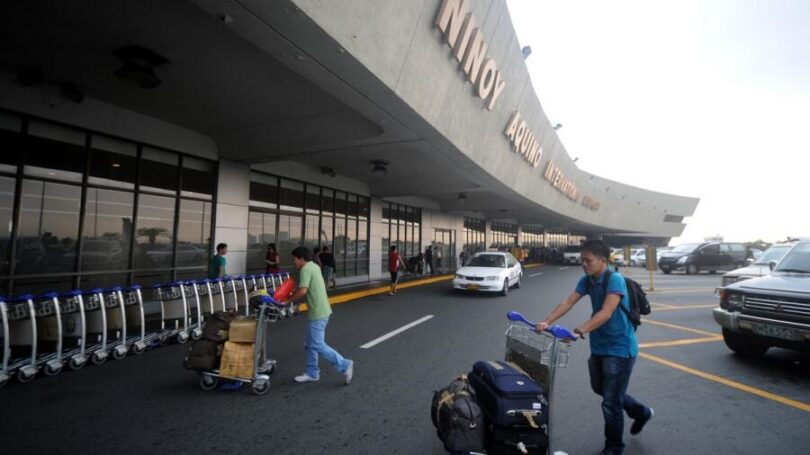Kirstin Bernabe
The Philippines’ revised departure guidelines for travellers — which are set to come into force on September 3 — have sparked an uproar on social media, with many saying they don’t understand why flying out of the country has to be complicated. On Friday, however, government officials issued an apology and a clarification, assuring travellers that they have nothing to worry about.
As soon as the revised guidelines hit newsfeeds, Netizens aired their sentiments in the comments section.
“Only Phil Govt makes it hard for its countrymen to go home while rest of the world’s nations do otherwise,” wrote user Tiano Gomez.
“There will be longer queues at immigration. Will they reimburse if someone misses the flight?” Lorna B. Ferrer said in Filipino.
Released by the Inter-Agency Council Against Human Trafficking (Iacat), the guidelines were meant to curb illegal recruitment and fight trafficking. The authority listed all the documents that a traveller may have to present when flying out.
For overseas Filipino workers (OFWs), aside from OEC, the paperwork may include proof of employment — such as a certificate of employment, contract, or pay slip — “if necessary”. Some documents were also specified for OFWs’ relatives whose trips are sponsored by the expats.
Clarification
Amidst the uproar, government officials on Friday said that the revised guidelines are actually just a “clarification” of existing rules, according to local media reports.
“More than 95 percent of departing Filipinos would not need to present more documents apart from the basic ones,” Justice Secretary Jesus Crispin Remulla was quoted as saying.
The Bureau of Immigration (BI) also assured travellers that “it will not require more travel documents”.
According to the circular, the basic travel documents are: valid passport, valid visa, boarding pass, and confirmed return or roundtrip ticket, if necessary. OFWs will have to secure a clearance or OEC.
“In essence, it’s really more of streamlining the requirements for departing Filipinos and (to clarify to our fellow Filipinos the requirements per category needed for departure in the country),” said BI spokesperson Dana Sandoval in a report published in the state-run Philippine News Agency (PNA).
Apology
The Department of Justice (DoJ), however, admitted that there had been a lapse in how the guidelines were communicated.
“Apologies are in order,” DoJ spokesperson Mico Clavano told local media. “Our communications on these new guidelines weren’t right.”
Clavano said the rules are, in fact, the same as the previous guidelines released in 2015.
If immigration officers see no red flags in a traveller’s trip, the additional documents will not be required, another officer said in a separate interview.
Courtesy: khaleejtimes







